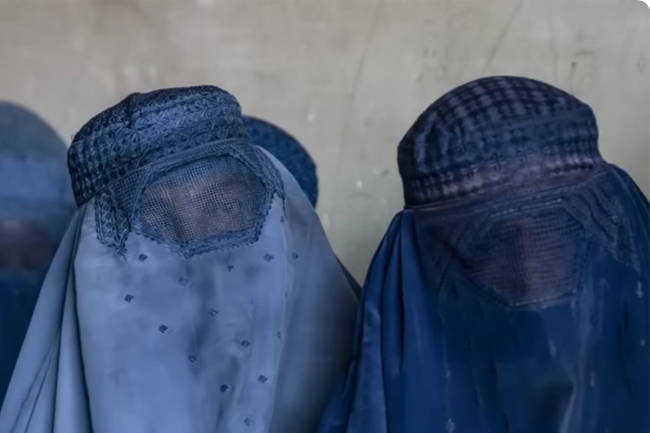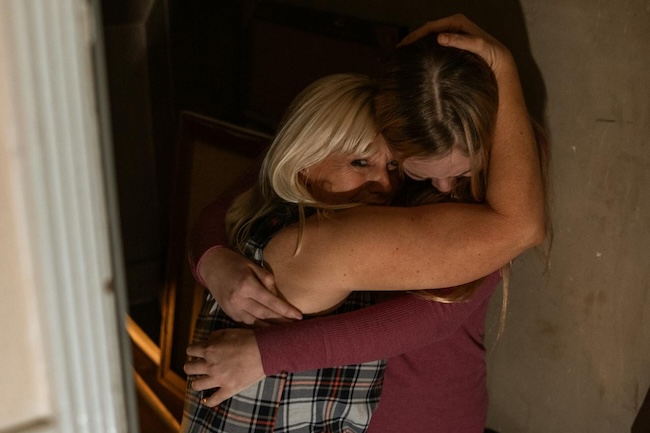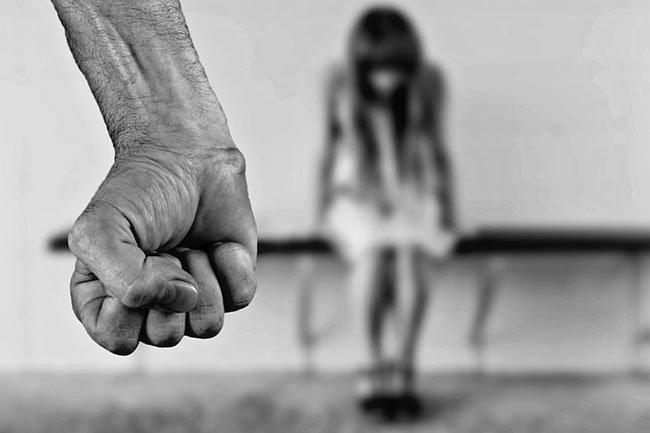Women's rights in Cambodia still need to be realised despite improved legal frameworks, writes Johanna Higgs.
WALKING OUT of my house, in a little village just out of Siem Reap in Northern Cambodia, I hear the little squeaks of puppies.
Being an animal lover and concerned about the lack of animal welfare in Cambodia, I start down the dusty, dirt path outside my house towards the ramshackle, wooden house where I can hear the little squeaks of the puppies. Chickens scurried past and the hot Cambodian sun bore down on me.
Indeed, as I approached the house there were five tiny puppies being manhandled by a little child. I tried to intervene and the child screamed. Worried that this child was going to seriously hurt these puppies, I decided to come back the next day with a translator, to ask if I could find the puppies homes once they were big enough.
As we approached the house the next day, a woman sat up from a hammock swinging under the house, very much a typical Cambodian scene. The translator relayed my message and once the lady in the hammock replied, my translator turned to me and said:
"She says that she has to wait for her husband to come home."
"She can’t decide for herself about what will happen with the puppies?" I asked.
"No," replied my translator, "Here’s it like that. Women can’t decide things for themselves, only her husband can decide for her".
Indeed, research conducted by the United Nations has revealed that 98.5% of Cambodian women believe they must obey their husbands.
I sighed. Having lived for four years in Cambodia, I was familiar with these very patriarchal and sexist attitudes that were so prevalent throughout the country.
In Cambodia, men dominate and "culture" demands woman’s submission. Gender relations disproportionately give men more rights and punish women for actions that men themselves carry out.
This might include beliefs that men are superior to women or that women should dress or behave in certain ways. Women are expected to stay home and sexual behaviour outside of marriage is generally speaking, not allowed. On the contrary, men are given the right to go out at night and to be promiscuous without suffering the consequences of doing so.
Girls are also yet to have equal access to school as boys, particularly in countryside areas, men abusing women in the home is common and so is sexual harassment.
UNFPA, for example, reports that one in five women aged 15 to 49 has experienced physical violence from the age of 15, though this number is likely much higher. Domestic violence is largely considered to be acceptable throughout the country, with one study finding that 59.1% of married women have experienced physical violence from their husbands or partners and 64% have experienced sexual violence.
According to a 2017 report conducted by UNICEF, over 20% of children aged 0 to 4 years in Cambodia live with a mother who has experienced some form of physical, sexual or emotional violence committed by a husband or partner.
Despite these alarming statistics, Cambodia has made some efforts towards improving women’s rights in the country. The Convention of Elimination of All Forms of Discrimination Against Women (CEDAW) for example, has been partly integrated into the Cambodian Constitution which supposedly should take precedence over Cambodian law.
According to Article 45 of Cambodia’s Constitution:
'All forms of discrimination against women shall be abolished. The exploitation of women in employment shall be prohibited. Men and women are equal in all fields especially with respect to marriage and family matters.'
Cambodia also has a number of legal and policy instruments in place against domestic violence and sexual harassment. These include the reformed Criminal Code, the Law on the Prevention of Domestic Violence and Protection of Victims, the National Action Plan to Combat Violence Against Women, the Law on the Suppression of Human Trafficking and Sexual Exploitation and the amended Marriage and Family Law.
However, while these laws and efforts indicate that Cambodia is moving in the right direction when it comes to women’s rights, it is essential to make sure that these efforts are properly enforced and are not continuously hindered by "cultural norms".
This requires everyone to make an effort to ensure that these policies are implemented because so long as people support negative cultural values, attitudes and practices in Cambodia that enforce the subordination of women and girls, such practices will continue.
Men and boys have a particularly important role to play in making these changes. These issues of violence and discrimination against women and girls are not "women’s issues", they are very much men’s issues. To see long and lasting change in Cambodia and indeed anywhere in the world, it requires men and boys to not only change their own ways and behaviour, but to encourage other men to do the same.
Then we will see a better world, for everybody.
Johanna Higgs is an anthropologist and founder of Project MonMa, which advocates for women’s rights around the world.
Related Articles
 This work is licensed under a Creative Commons Attribution-NonCommercial-NoDerivs 3.0 Australia License
This work is licensed under a Creative Commons Attribution-NonCommercial-NoDerivs 3.0 Australia License
Support independent journalism Subscribe to IA.














